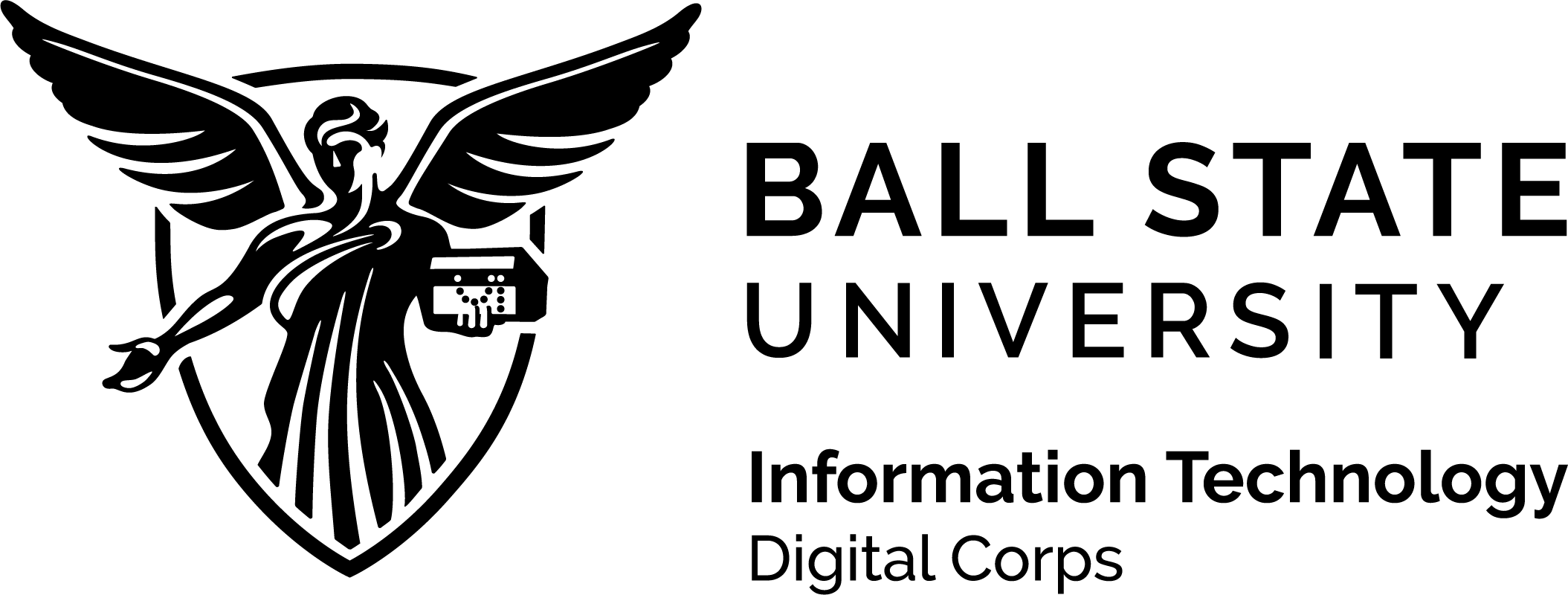The world is constantly changing, and continuous growth is the best way to stay ahead of the curve. With the rapid change in industry trends, long gone are the days where you could learn everything in school that you need for your career and then shut your brain off. In today’s dynamic landscape, continuous learning is the key to staying ahead of the curve and thriving in your professional journey.
But the benefits of continuous learning extend far beyond just career advancement. It’s a brain booster! Just like any muscle, your brain needs exercise to stay sharp. According to a National Library of Medicine study acquiring new skills can improve cognitive function by a whopping 12% – that’s significant!
Learning opportunities in the workplace come in a variety of shapes and sizes. Conferences, guest speakers, certified programs, and development workshops – the list goes on. As Indeed’s Career Guide points out, “Increased confidence can help you take on new responsibilities in your work, helping you move forward in your career path.
Learning from Different Perspectives
Growing your professional knowledge can be as simple as reaching out to a coworker to learn a new skill or just develop a better understanding of their role. User Experience Team Lead Stuart Sipahigil emphasizes the importance of learning beyond your immediate field:

“It’s okay if you aren’t learning it in practice but you need to understand other people to collaborate well,” he says.
Across different fields, Sipahigil has encountered multiple ways to continue growing in the workplace including workshops and conferences, but he emphasizes that learning from your coworkers is not only the most easily accessible option to learn more, but it also helps improve the workplace. You don’t need to do their job, but knowing it helps communication.
Teaching as a Learning Tool
The Digital Corps takes the approach of learning in almost the opposite direction, by teaching.
“I learn things from teaching our soft skills through research. The best way to learn about something is to teach it.”
When you take the time to explain a concept to others, it forces you to solidify your own understanding. The act of teaching deepens your knowledge and allows you to see things from a different perspective. This is just another example of how teaching reinforces learning through exploration.
Planting the Seed: Where to Begin?
So how do you get started? The first step is to feed your curiosity. Often as humans we shy away from new experiences, especially as we advance in our careers.
“Don’t push down your curiosity.”
The best growth happens when you’re pushing yourself out of your comfort zone. It can start with something as simple as chatting with your colleagues and asking them how they’re developing their skills or reaching out to your manager to explore available programs. Remember that while taking on a new learning opportunity can be scary, it’s a great way to further your career and grow your mind.



